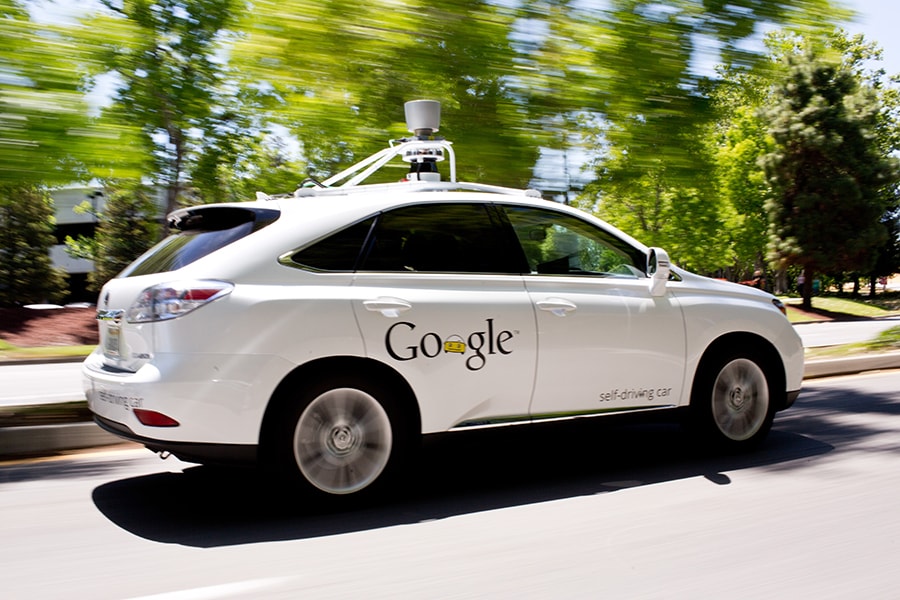
How Google's founders slowly stepped away from their company
While the move seemed sudden, it was the culmination of a year-long separation between two of Silicon Valley's most prominent founders and the company they began 21 years ago
 A Google autonomous car drives during an event for media in Mountain View, Calif., May 13, 2014. Co-founders Larry Page and Sergey Brin became billionaires thanks to the success of Google. But toward the end, they appeared happy to let someone else run it
A Google autonomous car drives during an event for media in Mountain View, Calif., May 13, 2014. Co-founders Larry Page and Sergey Brin became billionaires thanks to the success of Google. But toward the end, they appeared happy to let someone else run itImage: Jason Henry/The New York Times
SAN FRANCISCO — About a month after Donald Trump was elected president in 2016, Larry Page, the Google co-founder, was summoned along with other prominent tech executives to a meeting at Trump Tower.
It was a rare public appearance for Page. He sported a tan suit and shifted in his seat as he introduced himself and noted (incorrectly) that his company was probably the youngest in the room. “Really glad to be here,” said Page, who did not look glad to be there.
By the time he was again summoned in 2018 — this time to testify to Congress on tech’s various problems — Page had all but abandoned the roles typically associated with leading one of the world’s richest and most powerful companies. He didn’t show, and senators placed an empty chair and his placard alongside the other speakers.
On Tuesday, Page and Sergey Brin, his Google co-founder, said they were stepping down from day-to-day executive roles at Alphabet, Google’s parent company. While the move seemed sudden, it was the culmination of a yearslong separation between two of Silicon Valley’s most prominent founders and the company they began 21 years ago.
For some time, Page and Brin have drawn down their daily involvement in the company, ceding managerial tasks to deputies so they could focus on a variety of projects, including self-driving cars, robotics and life-extension technology. They left the often messy business of running Google itself to Sundar Pichai, a trusted deputy who became Google’s chief executive in 2015.
Tuesday was the capstone of that split. The founders named Pichai as the chief of both Google and Alphabet, while they will remain on Alphabet’s board of directors. Page and Brin still hold 51% of Alphabet’s voting shares, giving them effective control over the company — and Pichai, if they wish.
©2019 New York Times News Service




